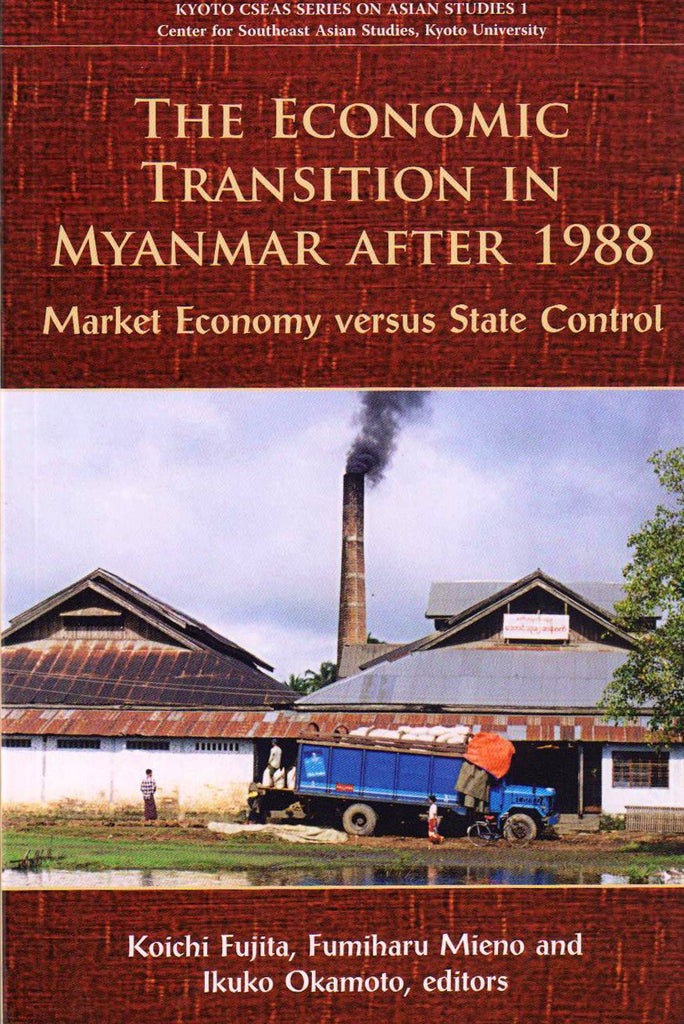The Economic Transition in Myanmar after 1988: Market Economy versus State Control
$38.00 SGD
For many years Myanmar operated an inward-looking economic system built on import substitution. Ultimately this policy failed, leaving behind inefficient state economic enterprises and widespread poverty. Political unrest in 1988 led a newly installed military government to liberalize the economy, opening it to foreign investment and private participation in trade. This move towards a market economy was in line with world-wide trends, but political instability forced the country to follow a course different from neighboring countries.
By analyzing economic policies and performance across the economic spectrum, this book presents an overall picture of economic development in Myanmar between 1988 and the early 2000s. The authors synthesize both macro and micro level data to overcome some of the limitations of unreliable national statistics, and show how the government attempted to deal with two key issues it faced. The first was how to reform the inefficient socialistic economic system in conformity with a market economy, and the second was how to develop the agricultural and underdeveloped economy to alleviate mass poverty.
"...it is a gem of a book containing a mine of information that any library or scholars of Burma as well as other scholars of transitional economies would be proud to have."
- Myat Thein
Koichi Fujita is a Professor in the Division of Economic and Political Dynamics at the Center for Southeast Asian Studies, Kyoto University.
Fumiharu Mieno is a Professor of Economics at the Graduate School of International Cooperation Studies, Kobe University.
Ikuko Okamoto is an Associate Senior Research Fellow with the Area Studies Center of the Institute of Developing Economies (IDE-JETRO) in Japan.
Kyoto CSEAS Series on Asian Studies 1
Publication Year: 2009
340 pages, 229mm x 153mm
ISBN: 978-9971-69-461-6, Paperback
NUS Press and Kyoto University Press

